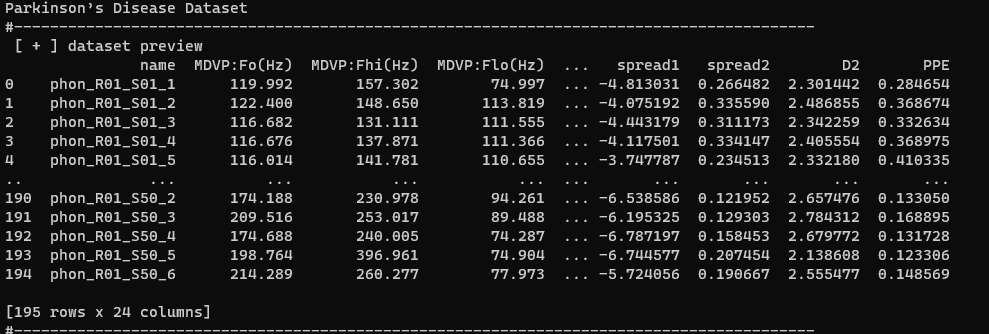ND DIAL: Imbalanced Algorithms
Minimalist Python-based implementations of algorithms for imbalanced learning. Includes deep and representational learning algorithms (implemented via TensorFlow). Below is a list of the methods currently implemented.
-
- Undersampling
-
- Random Majority Undersampling with/without Replacement
References:
| [1] | : N. V. Chawla, K. W. Bowyer, L. O. Hall, and P. Kegelmeyer. "SMOTE: Synthetic Minority Over-Sampling Technique." Journal of Artificial Intelligence Research (JAIR), 2002. |
| [2] | : P. Vincent, H. Larochelle, I. Lajoie, Y. Bengio, and P.-A. Manzagol. "Stacked Denoising Autoencoders: Learning Useful Representations in a Deep Network with a Local Denoising Criterion". Journal of Machine Learning Research (JMLR), 2010. |
| [3] | : I. J. Goodfellow, J. Pouget-Abadie, M. Mirza, B. Xu, D. Warde-Farley, S. Ozair, A. Courville, and Y. Bengio. "Generative Adversarial Nets". Advances in Neural Information Processing Systems 27 (NIPS), 2014. |
| [4] | : D. P. Kingma and M. Welling. "Auto-Encoding Variational Bayes". arXiv preprint arXiv:1312.6114, 2013. |
| [5] | : S. Chen, H. He, and E. A. Garcia. "RAMOBoost: Ranked Minority Oversampling in Boosting". IEEE Transactions on Neural Networks, 2010. |
| [6] | : C. Seiffert, T. M. Khoshgoftaar, J. V. Hulse, and A. Napolitano. "RUSBoost: Improving Classification Performance when Training Data is Skewed". International Conference on Pattern Recognition (ICPR), 2008. |
| [7] | : N. V. Chawla, A. Lazarevic, L. O. Hall, and K. W. Bowyer. "SMOTEBoost: Improving Prediction of the Minority Class in Boosting." European Conference on Principles of Data Mining and Knowledge Discovery (PKDD), 2003. |



